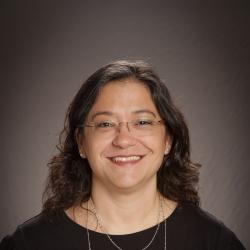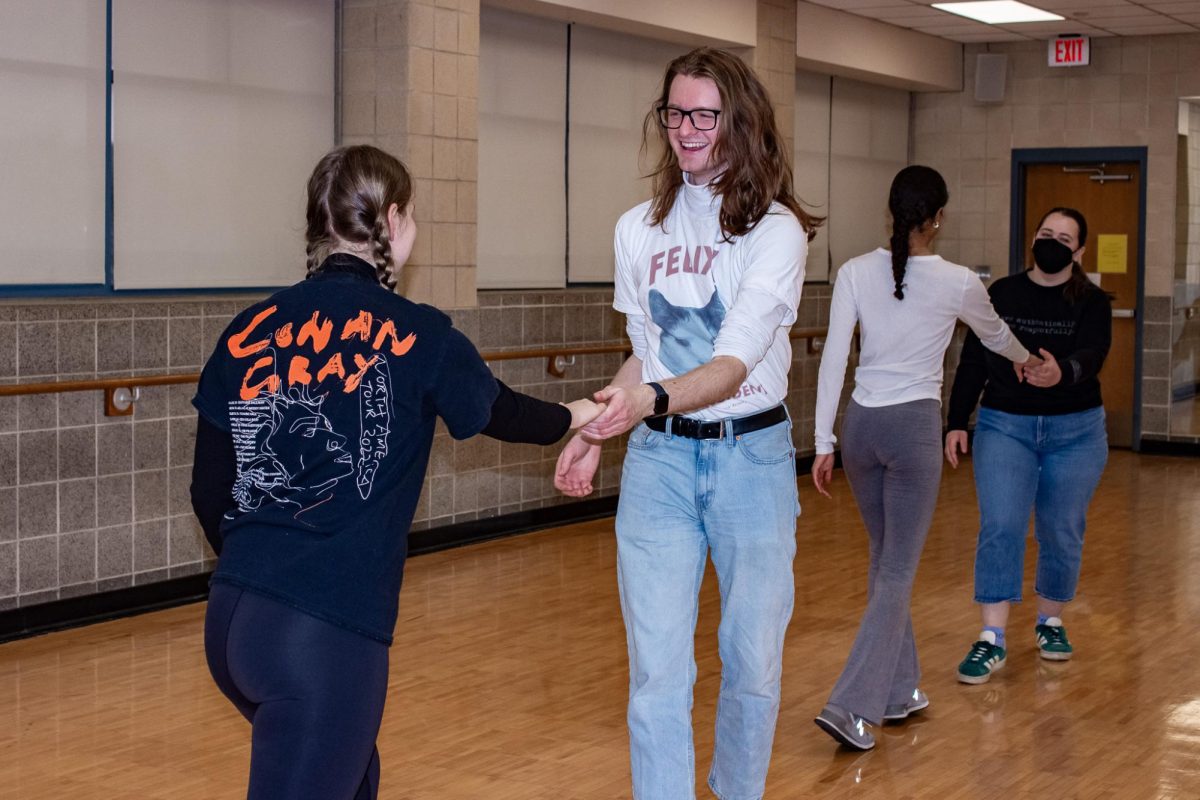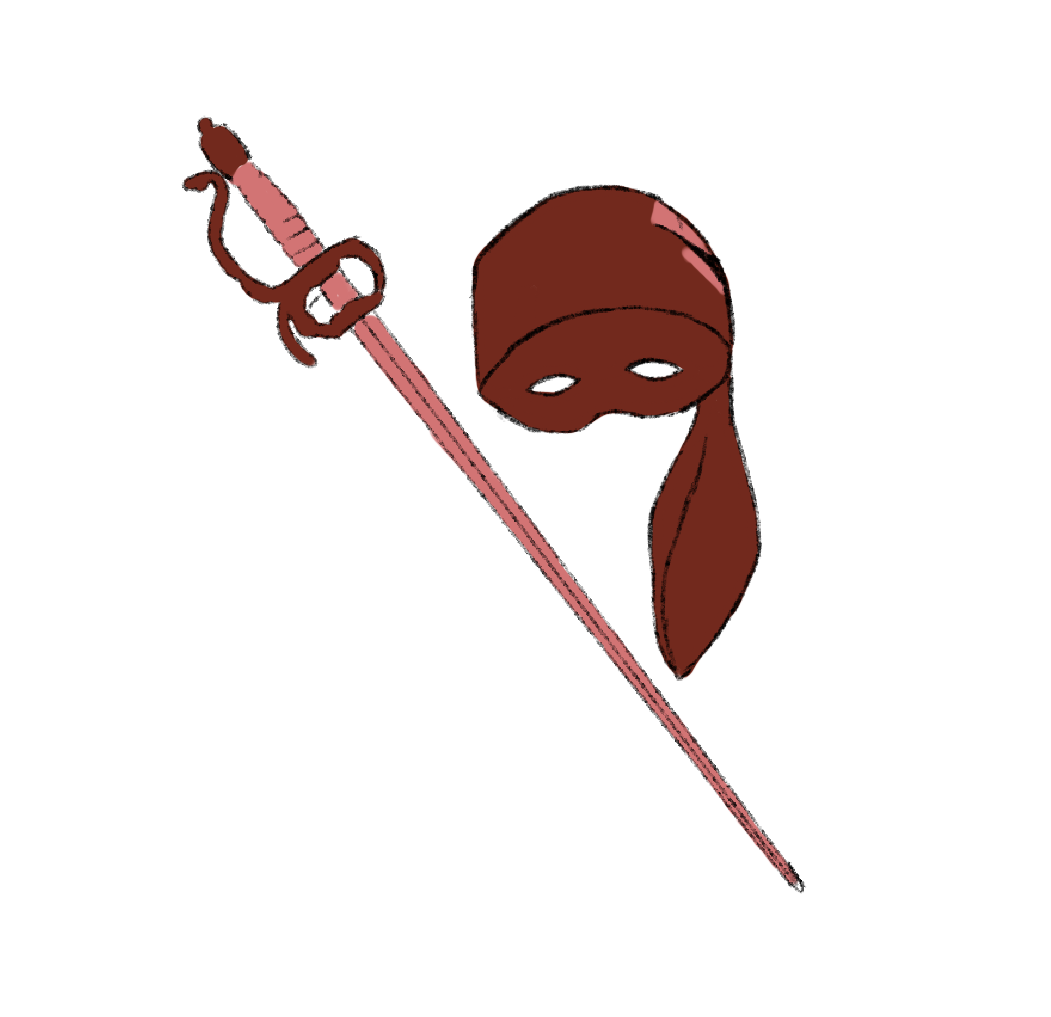photo by Kate Nuelle
Disciplines that require field-based experience have to completely reapproach how students will train and gain experience. Before COVID-19, education students would begin to gain classroom experience during their undergraduate career and even more so if they decided to pursue a master’s in education.
“I’m afraid I won’t get the opportunity to work in a classroom, again, during my undergrad,” said Lexie Johnson, a sophomore Urban Studies major and Education minor. Education students are now facing two challenges: learning how to be remote students and how to teach remotely.
“The field experience classes have been the foundation of gaining confidence in the classroom for me. As a senior, I have not been deprived of this type of experience, but I can imagine what current sophomores and juniors will miss out on,” said Lillian De La Rosa, a senior sociology major with a minor in teaching.
As the education adapts to teaching online, they are also adapting what students will be learning.
“I would expect [students] to be nervous because I think everybody is nervous about what you don’t know the answers to,” said Education professor Dr. Courtney Crim.
Dr. Crim teaches Learners with Exceptionalities; while not a field-based class, it usually requires students to volunteer in person with students. This semester, students are working remotely to volunteer with students. For example, many students are learning how to tutor kids over Zoom.
“It feels like I have to re-explain things to my student because I can’t physically be there with her,” said Johnson.
Learning how to teach is a feat in itself, but learning how to do it online is an added challenge.
“I’m still learning what works for me while I’m learning online, but I do know what doesn’t work for me so I think I will take that into consideration as I learn how to become a teacher,” Johnson continued.
Having the perspective of being an online student might help these future educators know how to keep the classroom engaged.
In some ways, students are getting twice the education.
“In our field-based courses, we’re still fully engaged with the teachers in the schools. There’s no doubt in my mind that they’re probably getting more experience than some of our past students in those regards because they’re seeing a lot of the opportunities and challenges,” Dr. Crim said.
The field-based courses are all occurring online. Trinity education students are engaged in San Antonio K-12 online classes in order to gain their field experience.
Despite this added layer of education, students are still unsure if it will be enough.
“I have talked to my friends about how difficult it is going to be when we are allowed to go back to in-person instruction full time because both the students and teachers are going to be so out of touch with this experience,” De La Rosa said.
De La Rosa, who has experience teaching students online, expressed that learning how to be an online teacher is a struggle.
“Creating relationships and connections with students and co-teachers were not as easy. I feel like this is a huge part of teaching, and why I enjoy it so much in the first place,” explained De La Rosa.
Taking field-based classes will help prepare students for building connections while online.
“Mentor teachers are learning by the day, how to make connections with kids and keep them engaged, and you know, how to sustain relationships,” said Dr. Crim.
There is sure to be a huge learning curve for mentor teaches as they enter classrooms, whether that be virtually or months from now when they are allowed to be in schools. Educators already have to battle the immense stress of the pandemic, but they also have to face new challenges as teachers.
As De La Rosa said, “I do wish teachers had an adequate amount of support from their administrations and their local governments. To put it simply: I am hoping for the best, but expecting the worst.”







